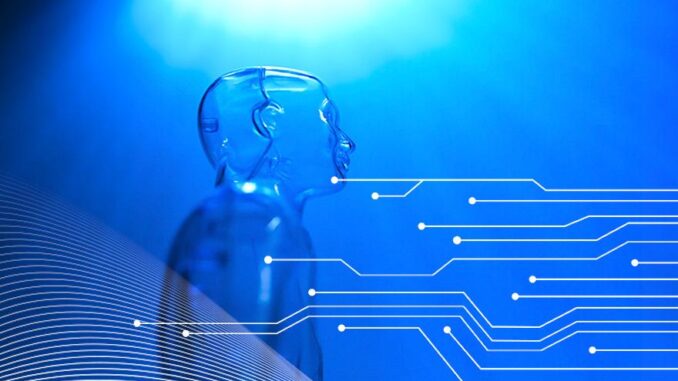
AI has the potential to contribute positively to society in numerous ways across various sectors. Here are some key areas where AI makes a positive impact:
1. **Healthcare**: – **Diagnostics**: AI algorithms can analyze medical images and detect diseases like cancer more accurately and quickly than traditional methods.









– **Predictive Analytics**: AI can help predict disease outbreaks and patient outcomes, enabling better preparation and response strategies.
– **Personalized Medicine**: AI systems can tailor treatments based on individual patient data, improving efficacy and minimizing side effects.
2. **Education**:
– **Personalized Learning**: AI can adapt educational content to meet the individual needs of students, helping to improve learning outcomes.
– **Administrative Efficiency**: AI can streamline administrative tasks, allowing educators to focus more on teaching and student engagement.
– **Access to Resources**: AI-powered platforms can provide learners in underserved areas with access to high-quality educational materials and tutoring.
3. **Environment**:
– **Climate Modeling**: AI can analyze large datasets to model climate change impacts and suggest mitigation strategies.
– **Wildlife Conservation**: AI is used in monitoring endangered species and tracking poaching activities through drones and camera traps.
– **Sustainable Agriculture**: AI tools help optimize crop yields, reduce waste, and manage resources efficiently, contributing to food security.
4. **Transportation**:
– **Traffic Management**: AI can analyze traffic patterns to optimize flow and reduce congestion, leading to less pollution and improved commuter experiences.
– **Autonomous Vehicles**: AI enhances safety and efficiency in transportation, potentially reducing accidents caused by human error.
– **Public Transport Optimization**: AI can improve public transportation systems by predicting demand and optimizing routes.
5. **Business and Economy**:
– **Increased Efficiency**: AI can automate repetitive tasks, freeing up human workers for more creative and complex problem-solving roles.
– **Data Analysis**: Businesses use AI to gain insights from data, helping them make informed decisions and innovate.
– **Customer Service**: AI chatbots assist customers round the clock, improving satisfaction and operational efficiency.
6. **Social Good**:
– **Disaster Response**: AI can predict natural disasters and help in planning relief efforts, saving lives and resources.
– **Fraud Detection**: AI systems can identify fraudulent activities in real-time, protecting consumers and businesses.
– **Humanitarian Aid**: AI can optimize logistics for delivering aid in crisis situations, ensuring efficient use of resources.
7. **Accessibility**:
– **Assistive Technologies**: AI-powered tools enable individuals with disabilities to interact with their surroundings, access information, and communicate more effectively.
– **Language Translation**: AI translation tools break down language barriers, fostering better communication and understanding across cultures.
While AI offers numerous benefits, it is essential to address ethical concerns, ensure data privacy, and promote equitable access to technology to fully leverage its potential for societal good.

Leave a Reply